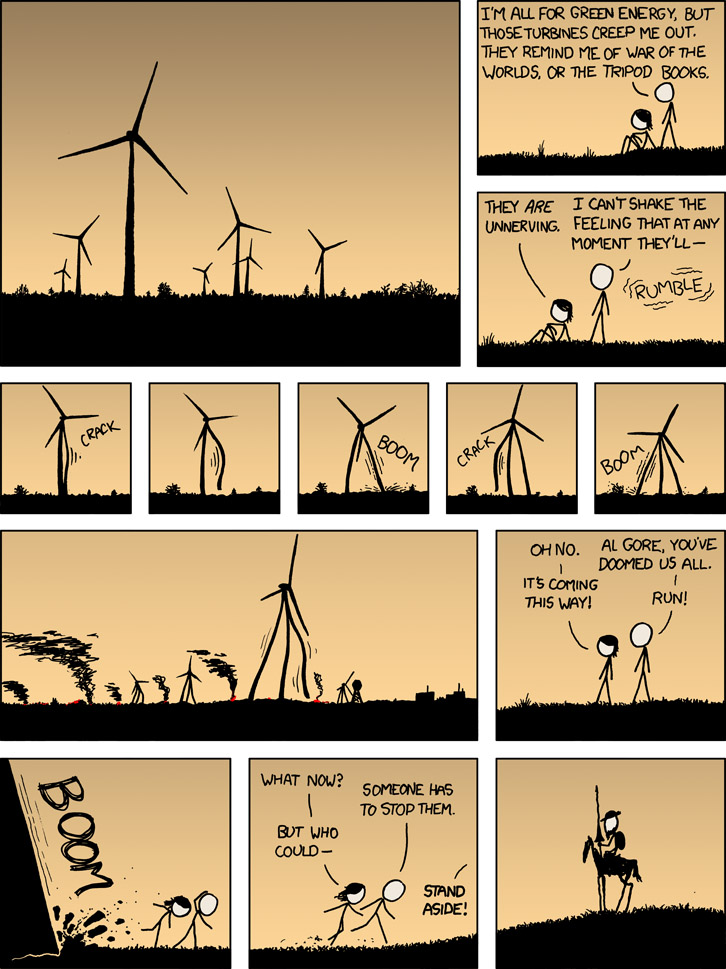Tuesday, September 24, 2013
Sunday, December 23, 2012
Making Music with Trash
I've been writing a lot about trash recently. Here is the teaser for a movie, Landfill Harmonic,
about people who live from sorting trash - and using it. I look forward to seeing the movie!I am a happy member of a listserve called FreeCycle, where we have given away a whole lot of things we don't need to people who do. This included recently an aluminum ladder, a bunch of large boxes, books, shoes, etc. We have more to give away, but haven't gotten around to sorting it. I'm sure someone would love our collection of old computer cords, for example. I got a bunch of sewing patterns through it, and many people use it to give away or ask for children's clothes and toys.
Our neighbors, with 3 adults and 3 children living together, have 2 blue recycle cans and one black trash bin. Our own recycle can is almost always filled to the top each week, while the enormous black bin usually has 2 or three small bags of trash rolling around in the bottom. Maybe the trash collectors should switch the 2 sizes!
Friday, December 21, 2012
Robert Frost and the End of the World - illustrated
Wednesday, December 19, 2012
Trash in D.C.- and water
 |
| The Pepco Benning Road Power Plant towers over the river. PCB waste allegedly comes from the plant and has ended up in the river. (from article) |
I guess one important way to solve the trash problem is to solve the clean water problem - and to convince tourists and runners in D.C. to use reusable bottles for their hydration!
Friday, December 14, 2012
India's trash
I've been busy trying to be (and become) a science teacher, but the most
important environmental experience I've had recently was a trip to
India with the Oberlin College Alumni Association. This was my first
experience of a non-European or North American country, although I've
been on a couple of week-long trips to Mexico.
The very first thing we noticed when we left the airport was what smelled like wood-smoke in the air. I think that's why Indian women cover their faces with their scarves! Sometimes it was unbearable, but the guide just took it in stride. He did admit that there is a terrible problem with asthma in India.
I had read an article about how an environmental organization was trying to get rural Indians to tame the methane from cow manure to make natural gas to cook on, so I assumed that the smell was from burning wood - or dried cow dung - for cooking.
But I think the largest source of the smoke was from burning small piles of trash on the streets and along sidewalks everywhere - in Delhi and Mumbai as well as in villages.
We did hear about a trash collection system in Dharamsala, and were shown the dump even, but when I asked our driver what to do with the water bottles (another problem!) that had collected in the car, he just threw them on the growing pile on the sidewalk next to our hotel!
In Varanasi we saw the results of thousands of paper mache images of the god Kali dumped into the river as an offering - along with other trash and, of course, remains from the funeral pyres.
In Mumbai we actually saw a garbage truck, but there were no cans to lift into it, just shoveling by hand.
I think earlier the trash caused little problem because it was either edible (by the ubiquitous cows or dogs) or biodegradable, so it became dirt. The cow dung even now is gathered up to provide fuel for cooking. The real problem now is all the plastic trash, which does not biodegrade. I see few bottles here in the trash, because they are collected, washed and reused to sell water (which may not really be potable, as I said, another story.)
Even small ponds get filled with the plastic trash, like a mini Pacific garbage patch.
My fellow travelers have said that this is typical in all the third world countries they visited - but India is trying to be first world. But when the trash problem is just as evident in Mumbai as in small villages, it has an enormous problem to manage. We were told that the job of collecting trash was often appointed and paid by the city council, but no one bothered to check up on whether it was being done.
Trash not only clogs the water ways, but, most importantly in India, causes constant smog that results in asthma among a large percentage of the children, in the cities as well as the countryside. The problem is not just stopping people from cutting down trees for fuel, but to solve the exponentially growing problem of plastic trash.
The very first thing we noticed when we left the airport was what smelled like wood-smoke in the air. I think that's why Indian women cover their faces with their scarves! Sometimes it was unbearable, but the guide just took it in stride. He did admit that there is a terrible problem with asthma in India.
I had read an article about how an environmental organization was trying to get rural Indians to tame the methane from cow manure to make natural gas to cook on, so I assumed that the smell was from burning wood - or dried cow dung - for cooking.
 |
| Kali as trash in the Ganges |
We did hear about a trash collection system in Dharamsala, and were shown the dump even, but when I asked our driver what to do with the water bottles (another problem!) that had collected in the car, he just threw them on the growing pile on the sidewalk next to our hotel!
In Mumbai we actually saw a garbage truck, but there were no cans to lift into it, just shoveling by hand.
 |
| Cows lying in trash along the road |
 |
| Trash in a village pond |
My fellow travelers have said that this is typical in all the third world countries they visited - but India is trying to be first world. But when the trash problem is just as evident in Mumbai as in small villages, it has an enormous problem to manage. We were told that the job of collecting trash was often appointed and paid by the city council, but no one bothered to check up on whether it was being done.
Trash not only clogs the water ways, but, most importantly in India, causes constant smog that results in asthma among a large percentage of the children, in the cities as well as the countryside. The problem is not just stopping people from cutting down trees for fuel, but to solve the exponentially growing problem of plastic trash.
Thursday, August 2, 2012
Starbucks has joined the K-Cups garbage brigade
Why do companies that I have used and respected - and which have environmental policies for recycling - have to provide more opportunities for their customers to generate trash, which ultimately will end up in the great garbage patch of the Pacific?
K-cups may be convenient, but you are drinking a bit of plastic every time you brew in them. And when you're done, they are in no way recyclable.
Here's what Starbucks says about Recycling & Reducing Waste:
K-cups may be convenient, but you are drinking a bit of plastic every time you brew in them. And when you're done, they are in no way recyclable.
Here's what Starbucks says about Recycling & Reducing Waste:
Starbucks is committed to significantly reducing and diverting the waste our stores generate, and recycling is just one way in which we do this. But while recycling seems like a simple, straightforward initiative, it’s actually extremely challenging. Not only are there municipal barriers to successful recycling in many cities, but it takes significant changes in behavior to get it right. One wrong item in a recycle bin can render the entire can unrecyclable to the hauler. Local municipalities, landlords, customers, baristas, and even adjacent businesses all have to work together to keep recyclable materials out of the landfill.Why, then, do they join up with Green Mountain Coffee to generate more waste (that they evidently don't think they are responsible for disposing)? Maybe they should provide a "take-back" bag with each box of K-cups, that customers can return where they bought it. Or maybe they should ensure that the K-cups can be composted along with their contents? Otherwise Starbucks, along with Green Mountain Coffee and others, is just adding to the Great Pacific Garbage Patch.
Subscribe to:
Posts (Atom)

















